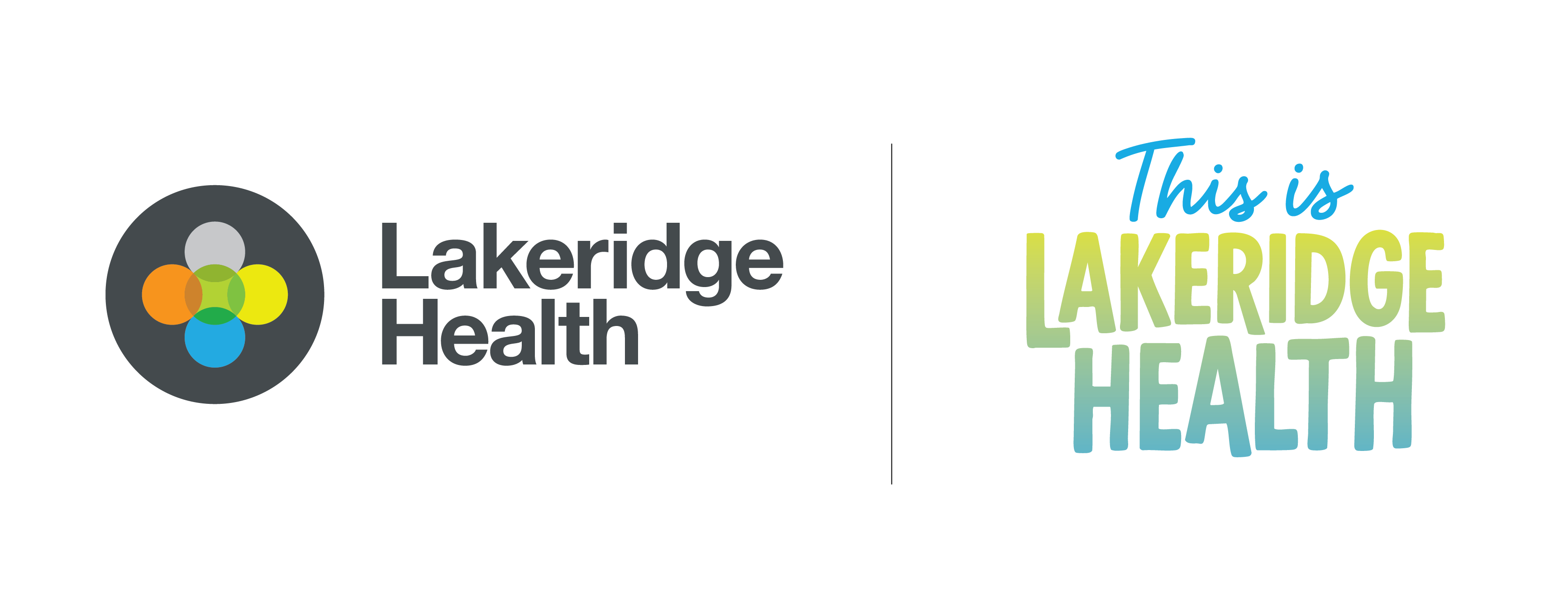Championing Equitable Care: Advancing Wound Assessment at Lakeridge Health
One year ago, Lakeridge Health launched the Wound Care Champion program to enhance wound and pressure injury care across the organization. The program has since trained 134 health-care professionals – including nurses, therapists, and allied health members – in wound care principles and best practices.
As part of Lakeridge Health’s commitment as a Registered Nurses’ Association of Ontario Best Practice Spotlight Organization (BPSO), the Wound Care Champion initiative ensures high-quality care for acute and chronic wounds. Participants engage in hands-on workshops, case studies, and assessments that can contribute to improved patient outcomes.
Now, a year later, we’re checking in to see how these Champions are making a difference.
Taleen Encarnacao, Clinical Practice Leader, has played a key role in Lakeridge Health’s BPSO initiatives, from equity-driven falls prevention strategies to pressure injury prevention. As the corporate lead for Pressure Injury Prevention and Management, she’s also advancing equitable care by training staff in wound assessment for darker skin tones – helping to close gaps in care and ensure all patients receive the attention they need.
We sat down with Taleen to learn more about this crucial work.
Why is specialized training for wound assessment in darker skin tones so important?
Taleen: "Traditional wound assessment methods often don’t account for darker skin tones, which can lead to delayed diagnosis and treatment. By training staff to recognize subtle signs in all skin types, we’re ensuring more accurate care, faster healing, and better outcomes for our patients."
How does this training fit into the broader BPSO work at Lakeridge Health?
Taleen: "It’s a perfect example of evidence-based, patient-centered care – the foundation of BPSO. We want to make sure every patient gets care tailored to their needs, and that includes considering how skin tone affects wound presentation. It’s about being inclusive in our approach to health care."
What tools are available to help staff put this training into practice?
Taleen: "A big one is our updated product and staging chart, which includes darker skin tones. We also cover this during clinical orientation, and our Wound Care Champions are trained to detect, prevent, and treat pressure injuries in diverse skin types. Plus, we’re developing visual aids for our pressure injury modules to help staff recognize subtle skin changes that might not be as obvious on lighter skin."
How does this work connect to Lakeridge Health’s overall commitment to inclusion, diversity, equity, accessibility, and anti-racism (IDEAA)?
Taleen: "It’s a direct reflection of that commitment. Health care isn’t one-size-fits-all, and we need to make sure we’re addressing gaps that impact patient outcomes. This initiative helps ensure that every patient – regardless of their skin tone – gets the same high-quality care."
What do you hope the bigger impact will be?
Taleen: "I’d love to see more hospitals and health-care organizations adopt similar training. If we all make an effort to be more inclusive in how we assess and treat wounds, we can improve outcomes for so many patients.It starts with education and awareness, and I hope this work encourages others to take action.
Through initiatives like this, we’re not only improving health outcomes for patients today but setting a standard for the future of health-care – one where all patients receive the care they deserve.”

